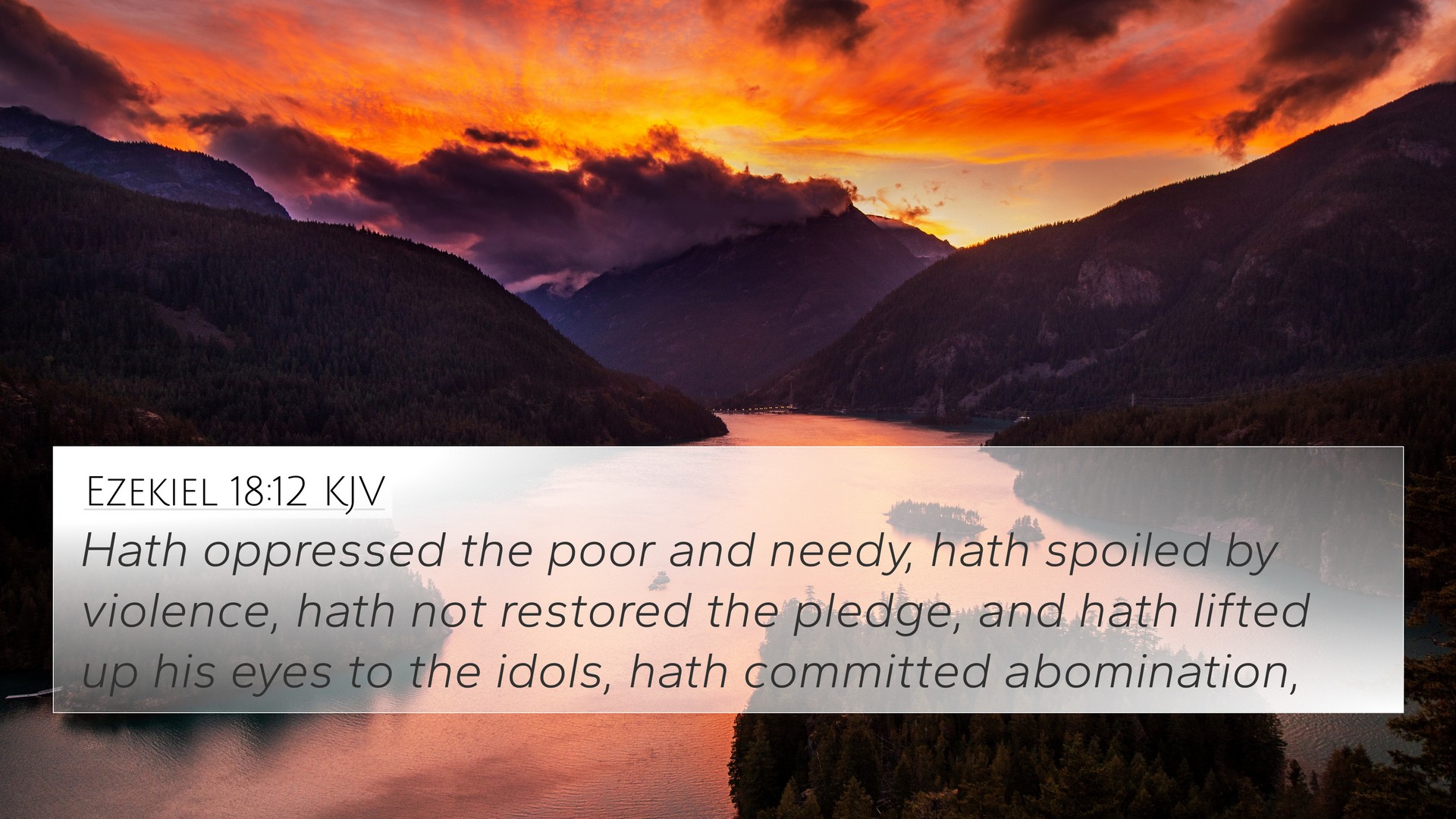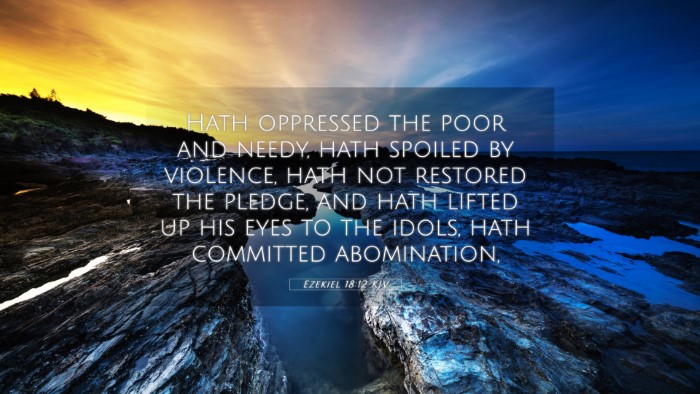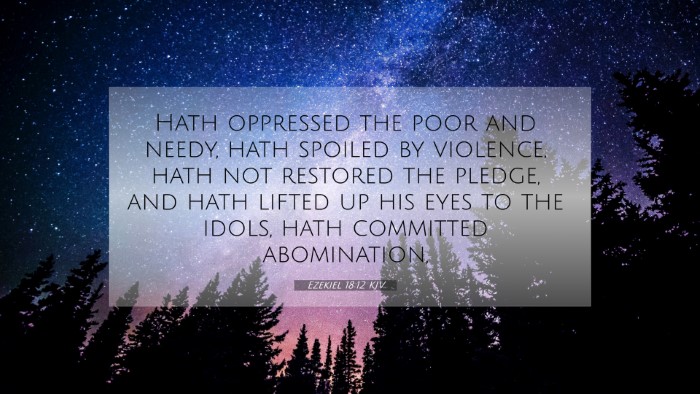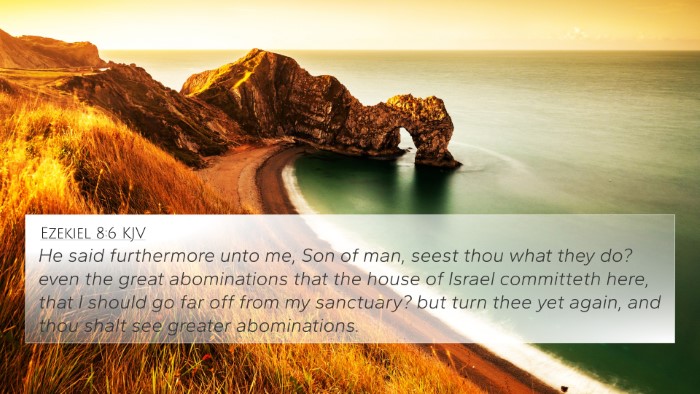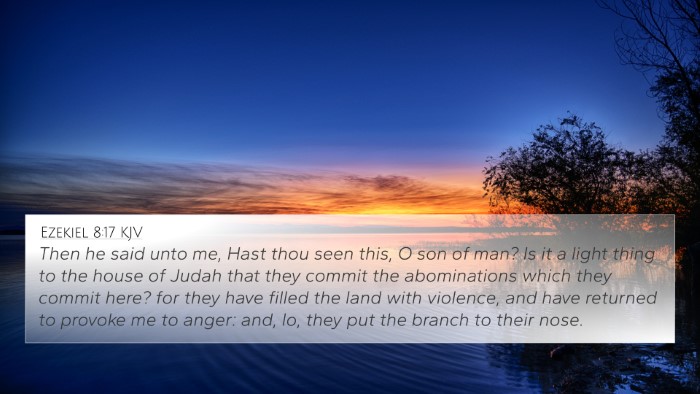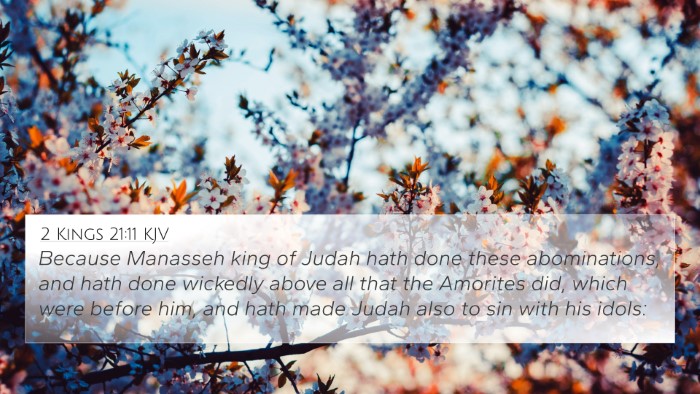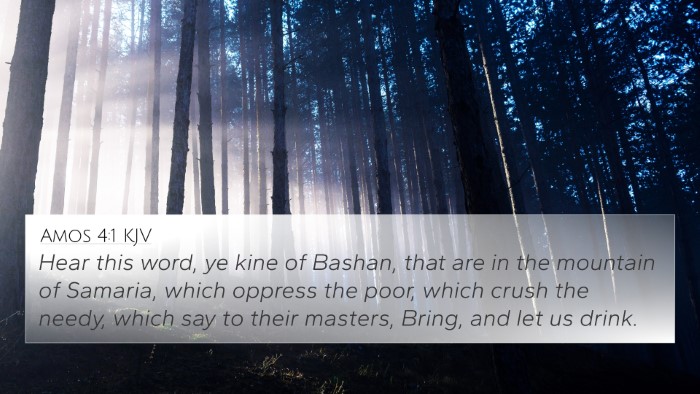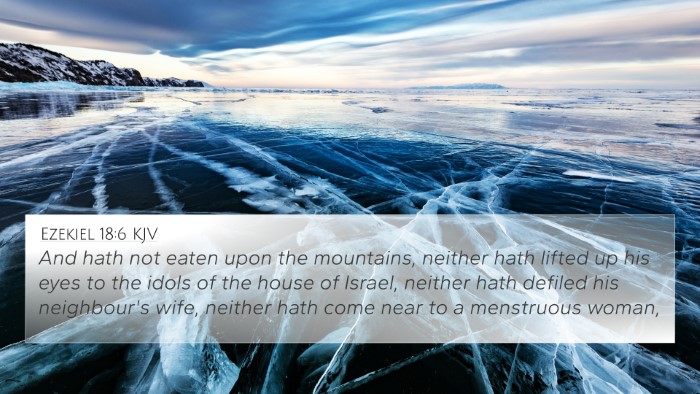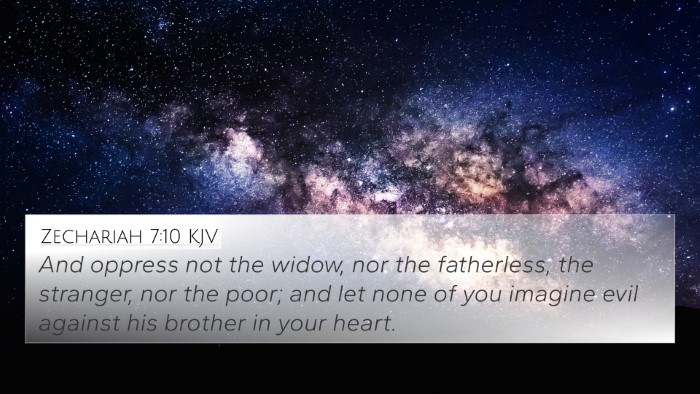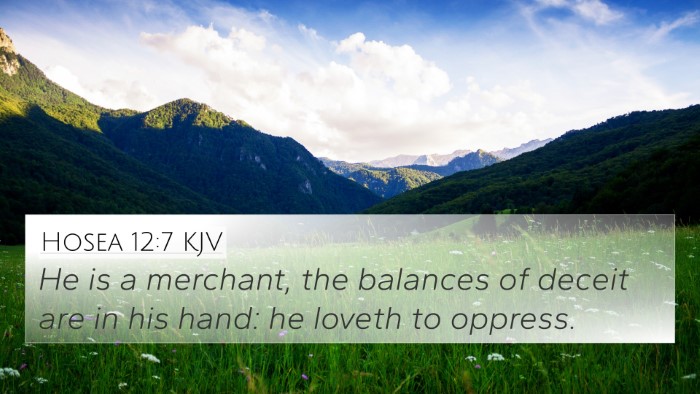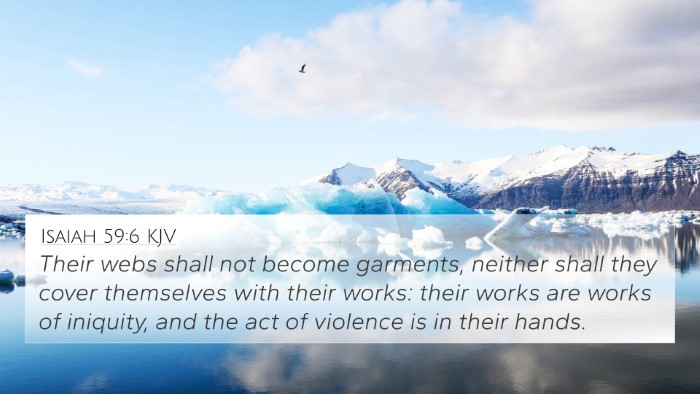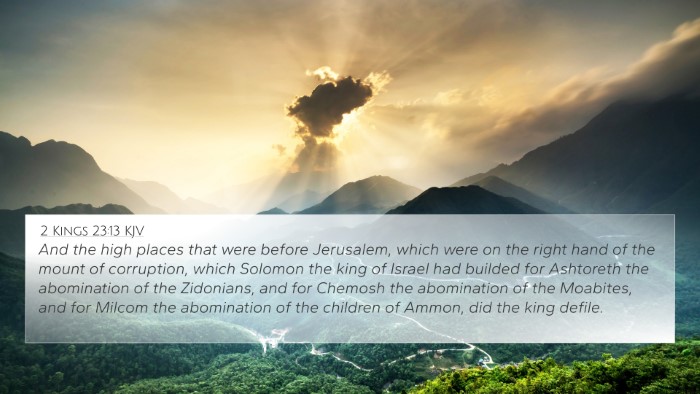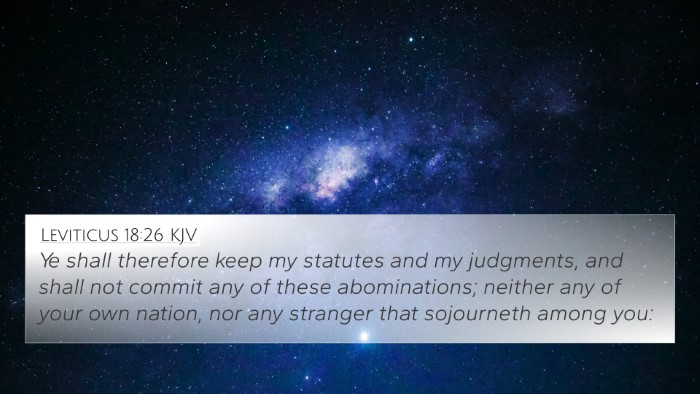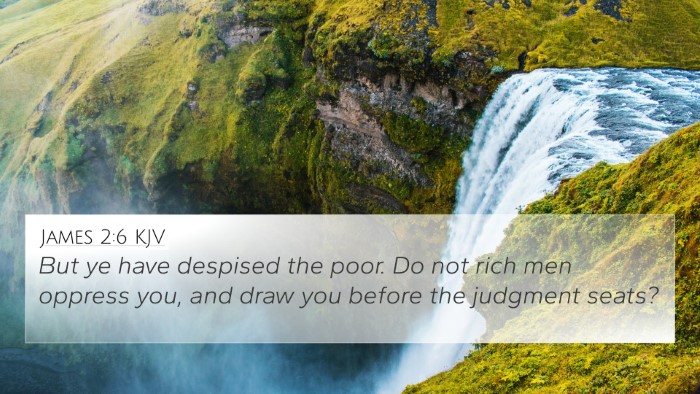Ezekiel 18:12 - Understanding and Meaning
Bible Verse: Ezekiel 18:12
"He has oppressed the poor and needy, he has committed robbery, and he has not restored the pledge, and has lifted up his eyes to the idols, has committed abomination."
Overview of Ezekiel
The Book of Ezekiel serves as a prophetic text portraying God's message for His people during the Babylonian exile. Through vivid imagery and symbolic acts, Ezekiel seeks to call Israel back to faithfulness by highlighting their sins and the implications of their actions.
Summary of Ezekiel 18:12
This verse illustrates various injustices and moral failures perpetrated by individuals, emphasizing the seriousness of social and religious transgressions. It portrays a person who not only exploits the vulnerable but also engages in idolatry, demonstrating a blatant refusal to adhere to God's commandments.
Commentary Insights
Matthew Henry's Commentary
Matthew Henry emphasizes that this verse encapsulates the character of a wicked person, suggesting that such deeds of oppression and robbery highlight a deeper aversion to God. The reference to "lifting up his eyes to the idols" signifies a person's heart that turns away from divine justice to seek false hopes from idols.
Albert Barnes' Notes
Barnes interprets this verse by asserting that it illustrates the moral decline from neglecting the well-being of others to serving one's own interests through dishonorable actions. He draws attention to the phrase "has not restored the pledge," which signifies the violation of trust and integrity within the community.
Adam Clarke's Commentary
Clarke posits that this passage reflects the particulars of a heart filled with greed and the neglect of divine law. He explains that the actions described signify not only personal sin but also a broader societal impact, emphasizing the interconnectedness of individual conduct and community welfare.
Cross-References and Thematic Connections
Ezekiel 18:12 aligns with various Bible verses that reflect similar themes of injustice, oppression, and idol worship:
- Exodus 22:22-24 - Addresses the treatment of the poor and vulnerable.
- Leviticus 19:13 - Discusses not oppressing one's neighbor or robbing them.
- Psalm 82:3-4 - A call for justice for the afflicted and needy.
- Proverbs 14:31 - Declares that oppressing the poor insults their Maker.
- Isaiah 58:6-7 - Details God’s desire for true acts of justice and mercy.
- Jeremiah 22:16 - Highlights the importance of knowing and executing justice.
- Matthew 25:40 - Connects serving the needy with service to Christ Himself.
- James 5:1-6 - Addresses the rich who oppress the laborers.
- Romans 2:21-23 - Highlights hypocrisy in teaching others while committing the same sins.
- 1 John 3:17 - Speaks about the obligation of those with resources to assist the needy.
Inter-Biblical Dialogue
The connections within Scriptures emphasize that themes of justice, accountability, and righteousness transcend individual books, offering profound insights into God's justice system:
- Tools for Bible Cross-Referencing: Engaging with these cross-references benefits readers in comprehending the profound biblical teachings on social responsibility and morality.
- Bible Concordance: Utilizing a concordance can further help discover relationships among various themes present in Scripture, enhancing understanding of the verse's implications.
- Bible Cross-Reference Guide: Such tools support detailed studies of interconnected Biblical texts, promoting deeper engagement with the core messages.
How to Use Bible Cross-References Effectively
Implementing a methodical approach to Bible cross-referencing can greatly enrich personal study:
- Identify Key Themes: Focus on emerging themes like justice, integrity, and worship outlined in Ezekiel 18:12.
- Explore Relationships: Seek connections between Old and New Testament teachings as discussed earlier.
- Comparative Study: Compare similar verses to understand their teachings comprehensively.
Conclusion
Ezekiel 18:12 serves as a powerful reminder of the moral responsibilities individuals carry within the community. Through the insights gathered from various commentaries and the thematic connections made with other verses, readers can appreciate the gravity of social justice and true worship in the context of their faith.
